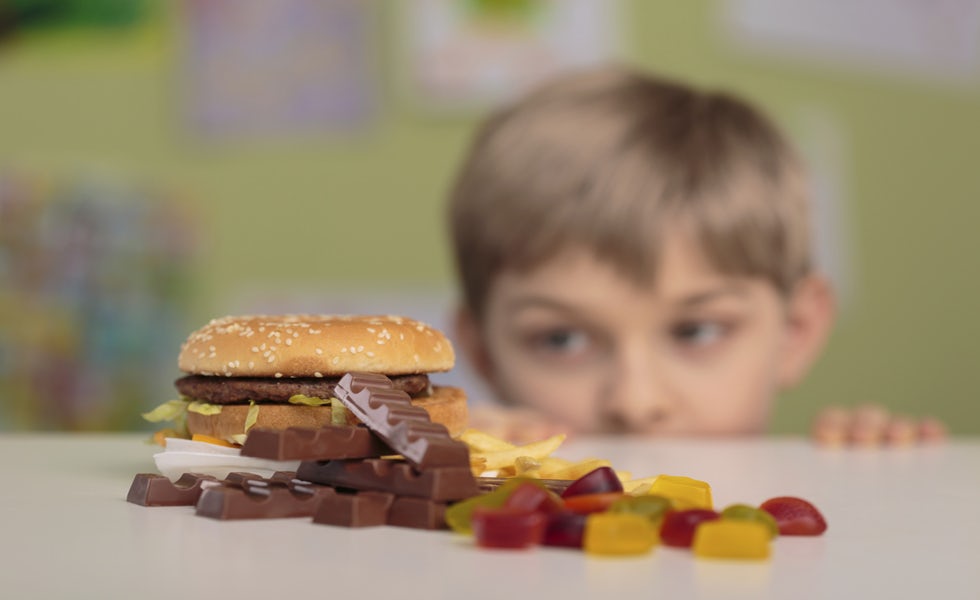‘Strong evidence’ junk food TV ads make children eat more, charity claims
Cancer Research UK is calling for tighter restrictions on junk food advertising after finding that teenagers who watched more commercial TV are more likely to eat junk food.

Cancer Research UK has called for Ofcom to ban junk food adverts being shown during programmes that are popular with teenagers, after research by the charity claimed to show a direct link between TV advertising and obesity.
The charity commissioned YouGov to survey 3,348 teenagers aged between 11 and 19 on their viewing habits and diet. It found that those who watched three hours of commercial TV a day or streamed content with ads were more than twice (139%) as likely to drink fizzy drinks compared to those who streamed their television or had low advertising exposure.
They were also 65% more likely to eat ready meals. When teenagers watched a similar amount of TV content without adverts, researchers found no link between screen time and likelihood of consuming more junk food.
READ MORE: Food and drink ads facing tighter controls in Government anti-obesity drive
Professor Linda Bauld, Cancer Research UK’s prevention expert, says: “The food industry will continue to push their products into the minds of teens if they’re allowed to do so. The Government needs to work with Ofcom to protect the health of the next generation.”
Advertising of junk food is self regulated by the Committee of Advertising Practice. It already has in places rules that mean brands are not allowed to target food and drinks high in fat, sugar and salt (HFSS) during any programme where 75% of the audience is aged under 16.
In December 2016 CAP also introduced new rules that brought non-broadcast advertising restrictions in line with TV.
However, Cancer Research UK is calling for this to be extended to talent shows such as The X Factor and football matches that are popular with a younger audience.
Dr Jyotsna Vohra, a lead author on the study from Cancer Research UK, says: “This is the strongest evidence yet that junk food adverts could increase how much teens choose to eat. We’re not claiming that every teenager who watches commercial TV will gorge on junk food but this research suggests there is a strong association between advertisements and eating habits.
“It’s been 10 years since the first, and only, TV junk food marketing regulations were introduced by Ofcom and they’re seriously out of date. Ofcom must stop junk food adverts being shown during programmes that are popular with young people, such as talent shows and football matches, where there’s currently no regulation.”
This is not the first time that there have been calls for stricter regulation of unhealthy food and drink advertisements. The Conservative party promised a clampdown on the advertising of unhealthy brands during the 2015 election. Yet this pledge was dropped from the government’s childhood obesity plan.
In November last year, The Obesity Health Alliance released a report that found 60% of food and drink adverts shown during programmes popular with adults and 4- to 16-year-olds would be banned from children’s TV channels. And campaigns and doctors have repeatedly called for stricter rules.
But the food and drink industry believes new rules are not necessary and that the government should instead be looking to long-term behaviour change.
A Food and Drink Federation spokesperson says: “This report suggests that advertising rules have not changed in 10 years, when in the last 12 months rules on advertising to children were tightened and extended. This ensures that whether children are watching programmes on TV or streaming from the internet they are subject to the same protections.”







